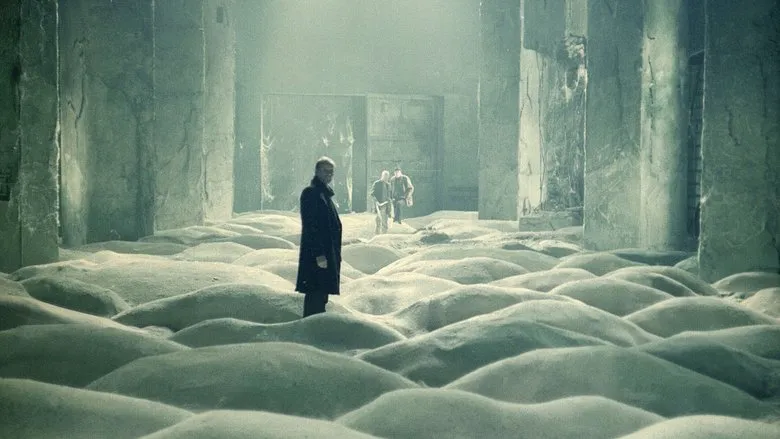The Spy Who Came Home: Deconstructing “The Lurker”
While “The Lurker” outwardly presents itself as a spy thriller, its true narrative heart beats within the complex relationships and personal struggles of its characters amidst the turmoil of 1930s Shanghai. This isn’t your typical tale of espionage with intricate plots and unflinching agents; it’s a character study draped in the cloak of international intrigue.
Some might argue that “The Lurker” is forging a new path within the spy genre by embedding a “family narrative” at its core. Unlike predecessors focused on wit and resilience, this drama introduces “family conflict” as a driving force. This approach broadens its appeal but risks diluting the very essence of a spy thriller: the suspense, the high stakes, and the shocking twists. Furthermore, the portrayal of female characters, children, and cultural nuances often leans on predictable representations, lacking substantial innovation. Despite the prevalent “family drama” tag of the show.
The Perilous Balance of “Family”
“The cuckoo cries blood, advancing through ice.” This proverb encapsulates the reality of the lurker – not just a figure of secrecy, but a soul teetering on the edge in a world of relentless conflict. At the center of “The Lurker” is “Cuckoo,” a Communist Party operative who has infiltrated the Wang puppet regime’s Special Operations Headquarters (76) under the guise of Fang Jashu. He’s a man caught between the agendas of the Japanese, the Wang regime, and the Kuomintang, fighting for his ideals and his nation.
A Triple Agent Ensnared in Danger
Fang Jashu, codenamed “Cuckoo,” leads a perilous triple life. He is the deputy director of intelligence at 76, a member of the Kuomintang’s Silver Fox group, and secretly, a Communist Party member. This would typically demand an aura of tense alertness. However, the actor’s portrayal of “Cuckoo” can, at times, feel too relaxed, even echoing his variety show persona. This stems perhaps from the fact that Fang Jashu’s biggest challenges often revolve around social relationships and family dynamics.
Every move Fang Jashu makes is scrutinized, and he is enmeshed in a web of complex connections. His former wife, Tao Yuling (a Communist Party liaison), arrives on the scene and is tasked with working with Fang Jashu, accompanied by her son and another operative’s daughter. His superior at 76, is entangled in a love triangle with Fang Jashu and Su Yalu, a military intelligence agent tasked with seducing him. Every conceivable domestic entanglement, from blended families to suspicions, all becomes a plot point.
The intense stakes of espionage begin to fade as relationships are nurtured and family tensions reconciled. The shift brings unexpected change in style. Jokes, sarcasm, and the family’s trivial nature become the central story.
The setup is inventive, promising respite and knowing that “family” will intervene. But as the series deepens, the suspense dissipates. “The Lurker” both seems to cherish and despise its family dynamic, restating the necessity of severing ties for revolutionaries, yet portraying the protagonist as someone drowning in personal affairs – an obvious irony.
The technique of utilizing elements in family drama is far from unique in “The Lurker.” In order to show true revolutionary wartime stories, the show may have become too convoluted.
Because those family conflicts are so central, many characters devolve into caricatures or begin acting illogically, resulting in too many story weaknesses and emotional falsities.
Reframing Family in Spy Dramas
The revolutionaries’ experiences are molded, their beliefs strengthened, against the backdrop of national and societal bonds. “The Lurker,” however, feels superficial in contrast. Despite making family disputes the focus of the drama, the series fails to offer the care needed for it’s female charaters and children.
The plot, like a house with “two women, two sides,” still gives the male lead the power. The female characters is full of tension, due to her naivety as a rural person, and even some stubbornness and stupidity. Another woman combines beauty, talent, and martial arts, and also has a dual identity. However, these two roles seem stereotypical, almost all appreciated and defined from a male perspective, and are all subordinate figures around Fang Jashu.
The two children add to the growing problem: the children can sometimes have more cunning than they should.
If you want to ask which type of domestic drama is most missed by the audience, spy dramas must be on the list. They are full of feelings, have strong stories, and have many viewers, but there are few good dramas and that “oomph” that makes spy drama what it is.